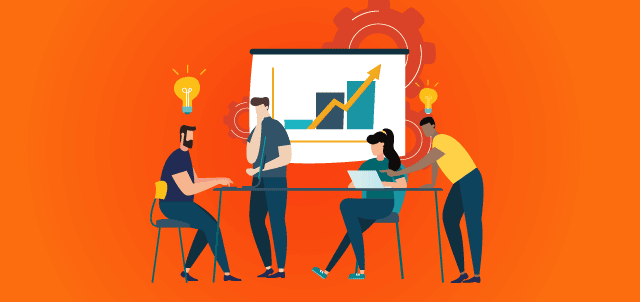Introduction:
Productivity is a key skill for any employee who wants to succeed in their career. In today’s fast-paced working environment, being more productive can also help you maintain work-life balance, meet deadlines, and improve the quality of your work. If you struggle with staying productive, don’t worry – it’s a common challenge many people face. In this blog post, we will look at strategies and tips for how to be a more productive employee.
Set goals and priorities
One of the most important steps in becoming more productive is to set goals and priorities. Without clearly defined goals, it’s easy to get sidetracked by daily tasks and feel like you’re not making any progress. Start by setting short-term and long-term goals, and then break them down into smaller, achievable tasks. Prioritize your tasks based on their importance and urgency, and schedule them accordingly. This will help you stay focused and motivated, and also avoid wasting time on less important tasks.
Manage your time wisely
Effective time management is crucial for productivity. Use time blocking to schedule your day and allocate blocks of time for different tasks. This helps you maintain focus and avoid distractions. When working on a task, avoid multi-tasking, which can actually decrease productivity. Instead, give your full attention to one task at a time. Also, try to minimize interruptions by turning off notifications and setting boundaries with colleagues when working on a project.
Take breaks
While it may seem counter-intuitive, taking breaks can actually help you be more productive. When we work non-stop for long periods, our attention and energy levels start to decrease, which can lead to burnout and reduced productivity. Taking scheduled breaks throughout the day can help you maintain focus and recharge your brain. Try using the Pomodoro technique, which involves working for 25 minutes and then taking a 5-minute break. After four Pomodoros, take a longer break of around 15-20 minutes.
Improve your workflow
Streamlining your workflow can help you save time and work more efficiently. Look for ways to automate repetitive tasks or delegate tasks to others if possible. Organize your workspace and digital files so you can easily find what you need when you need it. Use tools like task management software or project management apps to help you stay on top of your tasks and deadlines. Also, try to minimize distractions in your workspace by keeping it clean and free from clutter.

Invest in self-improvement
Finally, investing in self-improvement can help you become a more productive employee. This can mean taking courses or workshops to learn new skills, attending networking events to connect with other professionals in your field, or reading books or articles on productivity. By continuously learning and improving yourself, you’ll be better equipped to handle new challenges and take on more responsibilities at work.
Conclusion:
Becoming a more productive employee doesn’t have to be a daunting task. By setting goals and priorities, managing your time wisely, taking breaks, improving your workflow, and investing in self-improvement, you can improve your productivity and become the best version of yourself. Remember, productivity is a skill that takes practice and effort to develop. Be patient with yourself, and celebrate your progress along the way. Good luck!